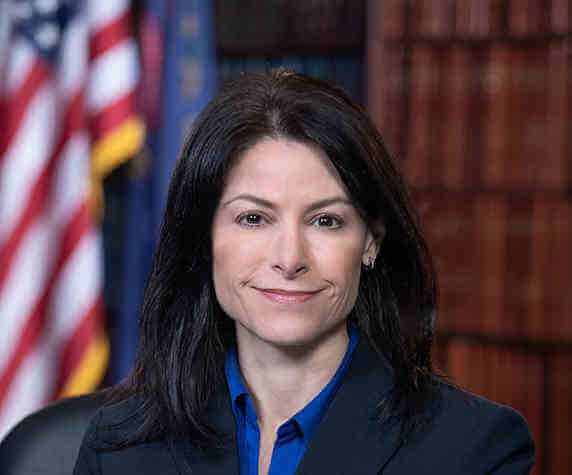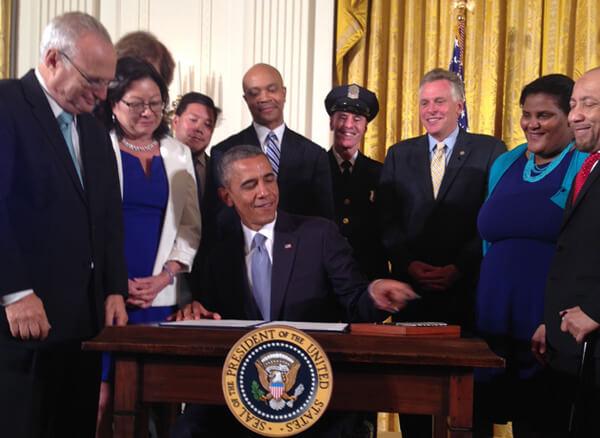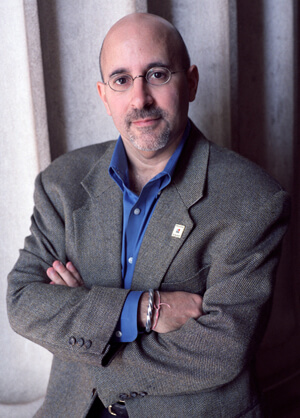A federal judge has issued a preliminary injunction barring the State of Michigan from declining to renew the license of a Catholic adoption agency that refuses to certify same-sex couples or single people as adoptive or foster parents but instead refers them to other agencies.
The September 26 order by US District Judge Robert J. Jonker allows St. Vincent Catholic Charities to renew its adoption services contract with the state, due to expire on September 30, while the agency’s challenge to the state’s application of its non-discrimination laws proceeds.
The injunction is the latest in a complicated sequence of events surrounding the role of faith-based institutions in adoption and foster care services in Michigan.
According to Jonker’s opinion, both Michigan regulation and the federal law under which financial assistance is channeled to the state to support its adoption and foster care system require that people seeking to be certified as adoptive or foster parents not be subjected to discrimination based on sexual orientation or gender identity, among numerous prohibited grounds. But because some private adoption and foster care organizations under contract with the state are “faith-based” agencies whose religious views prevent them from certifying single people or same-sex couples and the Legislature did not want to lose their services, the state enacted a law allowing those agencies to refer LGBTQ applicants to other agencies to carry out the evaluation and issue certification.
Same-sex couples challenged this “religious freedom” statute as violating their constitutional rights, with some of them approaching St. Vincent Catholic Charities and being referred elsewhere. The state originally defended the statute but when out lesbian Dana Nessel, a Democrat, was elected attorney general last year, after a campaign in which she criticized that law for authorizing anti-LGBTQ discrimination, she changed the state’s position. Her office negotiated a settlement with the plaintiff couples under which the state pledged to enforce its anti-discrimination rules without any exception for faith-based agencies.
St. Vincent was warned that unless it dropped its policy of referring same-sex couples to other agencies, its contract might not be renewed and its license to operate as an adoption services provider would be revoked. Faced with its imminent cut-off, St. Vincent joined by some foster and adoptive parents who have worked with it in the past, brought suit challenging the state’s action, citing the state law authorizing referrals to other agencies as well as the First and 14th Amendments of the US Constitution.
As Jonker described the dispute here, it focuses only on St. Vincent’s refusal to certify single people and same-sex couples. The agency has, in fact, placed children with same-sex couples who were certified by other agencies, according to the agency.
In issuing his preliminary injunction, Jonker had to first conclude that St. Vincent was likely to succeed on the merits in its claim that its constitutional rights had been violated. The policy that Attorney General Nessel adopted, he found, was not protected by Supreme Court precedents holding that laws of general application that are neutral with respect to religion are not subject to religious exemptions. Nessel’s rhetoric and actions, Jonker concluded, “point toward religious targeting.”
“The 2018 campaign for Michigan Attorney General and General Nessel’s statements create a strong inference that the State’s real target is the religious beliefs and confessions of St. Vincent, and not discriminatory conduct,” Jonker wrote.
The judge accepted St. Vincent’s assertion that it “has never prevented a same-sex couple from fostering or adopting a child,” since it refers such couples to other agencies, knowing they will certify the couples if they meet the state’s objective criteria.
And, Jonker pointed out, “St. Vincent has actually placed children… with same-sex adoptive parents.” He accepted the agency’s assurance that once an individual or couple is certified by a qualified agency, St. Vincent treats them like any other prospective parent.
“The State is willing to prevent St. Vincent from doing all this in the future simply because St. Vincent adheres to its sincerely held religious belief that marriage is an institution created by God to join a single man to a single woman,” Jonker wrote. “Because of that religious belief, St. Vincent says it cannot in good conscience review and certify an unmarried or same-sex parental application. St. Vincent would either have to recommend denial of all such applications, no matter how much value they could provide to foster and adoptive children; or St. Vincent would have to subordinate its religious beliefs to the State-mandated orthodoxy, even though the State is not compensating them for the review services anyway.”
Jonker concluded that the Michigan dispute is materially distinguishable from the Philadelphia case decided earlier this year by the Third Circuit Court of Appeals because in Philadelphia the Catholic agency was refusing to deal with same-sex couples at all, while St. Vincent refers them to other agencies for certification, and once they are certified, will place children with them and provide supportive services.
On the question of where the public interest lies — another factor in determining if a preliminary injunction is warranted — Jonker pointed to the significant number of children in Michigan who need placements and the supportive services that St. Vincent provides, including to same-sex couples and their adoptive or foster children.
The court rejected Nessel’s argument that these issues had already been decided in the prior litigation in favor of applying the non-discrimination policy to all agencies. Jonker pointed out that the prior litigation was settled by the parties after the attorney general changed the state’s position — there was no judgment on the merits by a court.
In concluding that Nessel had demonstrated “hostility to religion” in her change in state policy, Jonker looked back to the Supreme Court’s 2018 ruling in the Masterpiece Cakeshop case, where it did not decide the question of whether baker Jack Phillips had a First Amendment exemption from Colorado’s nondiscrimination law in his refusal to bake a wedding cake for a gay couple, but rather found that the process by which the state adjudicated his assertion of a religious freedom exemption was marred by clear hostility.
Although Jonker here was ruling only on a preliminary injunction, it signals quite clearly that his final ruling on the merits is likely to go the same way. The State of Michigan could appeal the ruling to the Sixth Circuit Court of Appeals.
Jonker, the chief judge for the Western District of Michigan, was appointed by President George W. Bush in 2007.


































